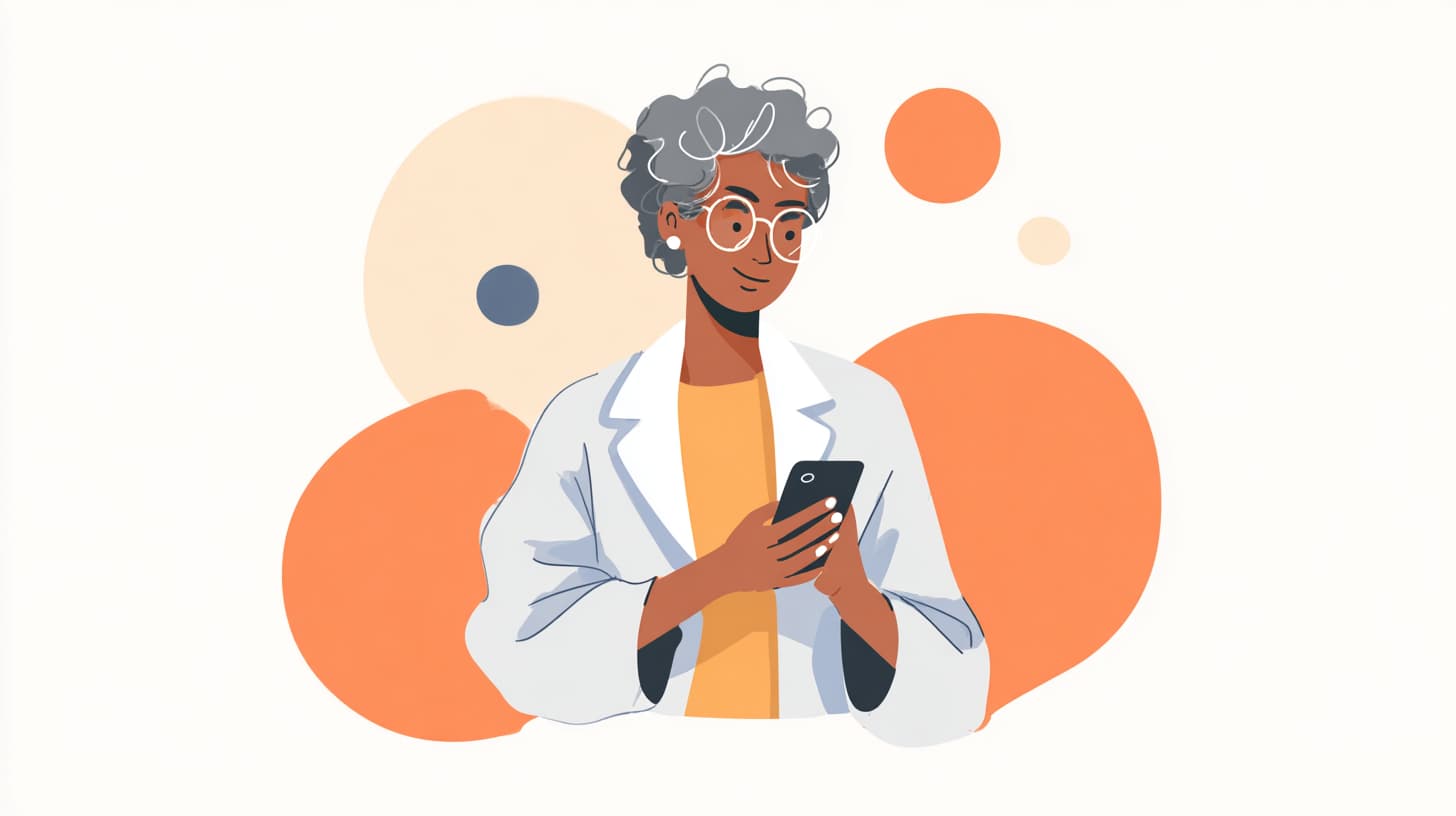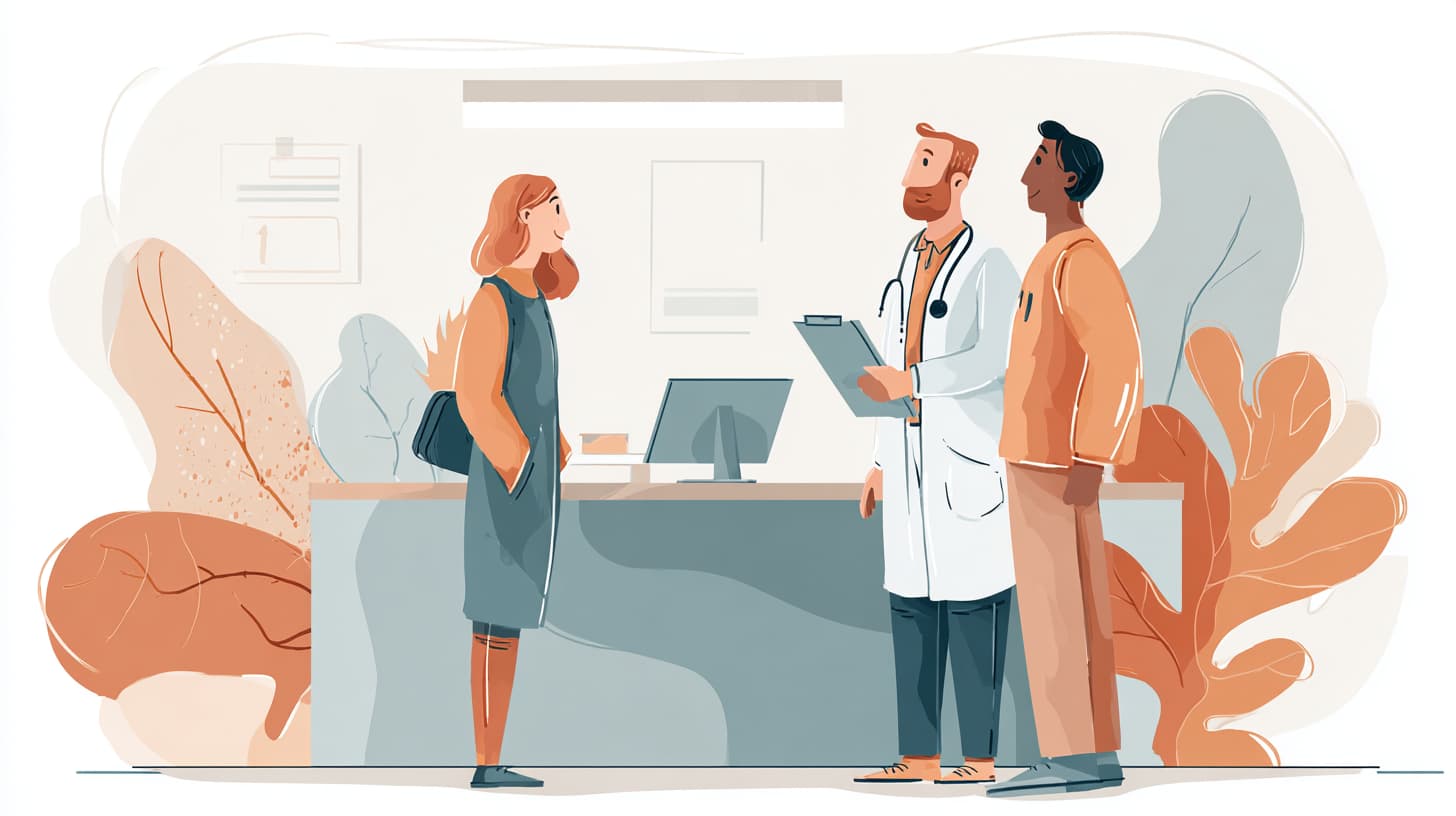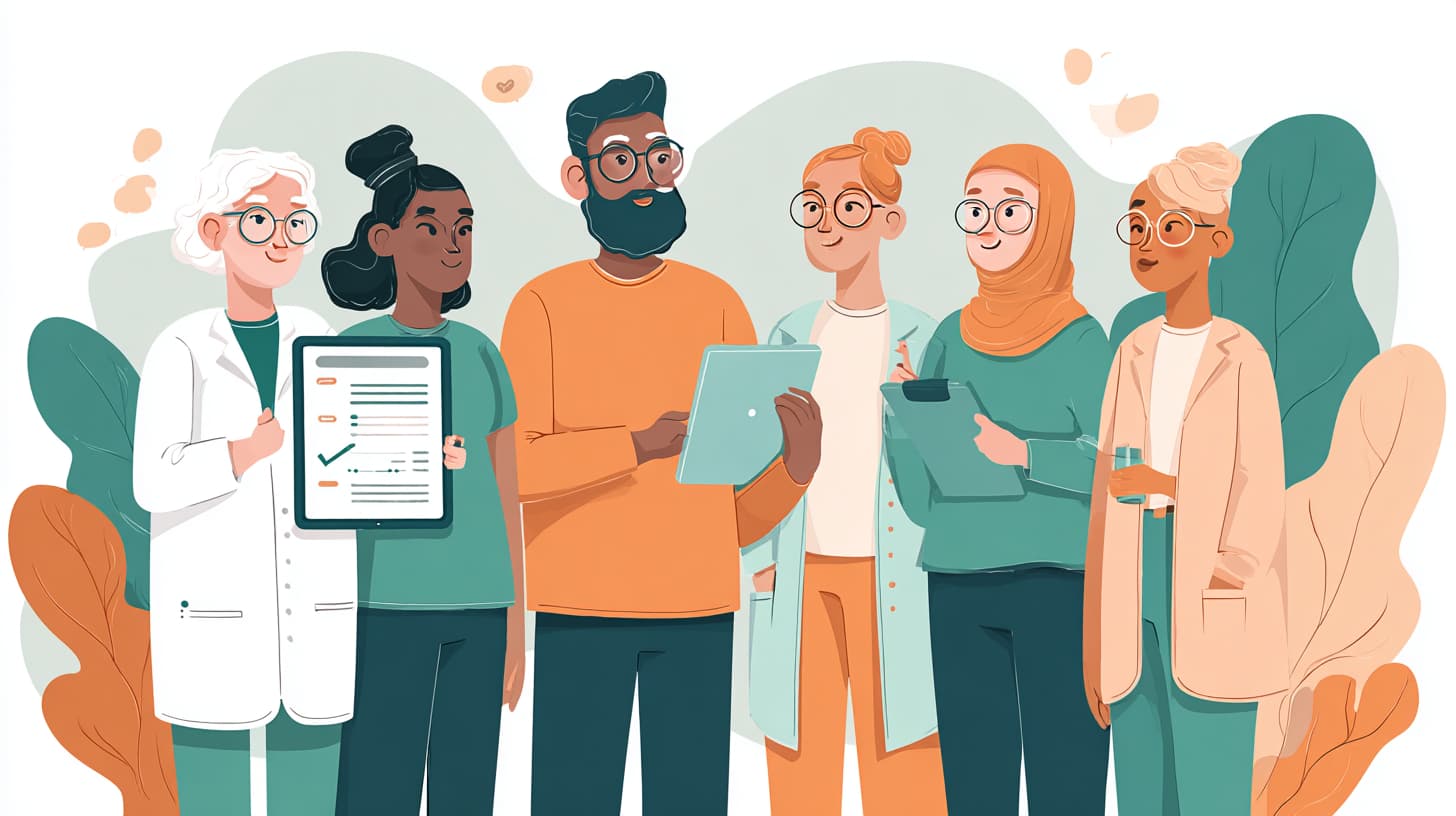Transforming your RPM program into a Hypertension Center of Excellence

Article written for Lara Health by Dr. James Ehrlich, a medical advisor to Lara Health
Congratulations on developing a remote monitoring program with Lara Health, a leader in the field. RPM is a great way to provide more comprehensive care beyond sporadic in-office visits, especially to patients with chronic conditions such as hypertension. Getting high blood pressure under control by frequent measurements each month is important but often not enough to get the full picture of the patient’s health condition and its underlying causes.
That’s why developing a comprehensive, systematic hypertension monitoring and management program delivers far more value to the patients, promotes a longer participation in the RPM program while it increases revenue for the practice.
A comprehensive hypertension program allows primary care providers to deliver care beyond getting the patient’s BP normalized through monthly reports. It requires investigation and additional tests but it is well worth it as it creates a highly satisfying program, drives better health outcomes and leverages the patient’s RPM data you already have. So what does a successful comprehensive hypertension program look like? For medical practices on the Lara Health RPM program, it leverages the existing patients’ data to suggest further investigations and tests the patients might benefit from. In a nutshell, it pinpoints primary care providers towards questions they should be asking themselves when looking at RPM data.
What is the context of the patient’s hypertension?
The underlying causes of hypertension vary from patient to patient so it’s important to investigate the root of the problem. Is it primary or secondary hypertension? Is there metabolic syndrome present or was the patient diagnosed as obese? Was the patient tested for primary aldosteronism? A comprehensive hypertension program starts with an investigation and initial testing to provide additional information on the patient’s overall heart health. Its end-goal is to drill deeper into the patient’s medical condition by extending its context.
What tests are appropriate when investigating hypertension?
There are many tests primary care providers could, but often don’t, consider as part of a routine evaluation process for their hypertensive patients. Take the example of primary aldosteronism. It is the most common cause of hypertension and can be investigated by a simple test to measure levels of aldosterone and renin in the blood and yet, only 3% of the risk patients are screened by their PCPs for it.
“Remote patient monitoring is an excellent gateway to further diagnosis and more personalized treatments. Lara Health platform makes it easy to use the patient’s RPM data such as blood pressure measurements, to analyze them and point the care team towards more, well targeted tests.” - Martina Janeckova, CEO of Lara Health.
Investigating associated conditions
Hypertension is often accompanied by associated conditions like obstructive sleep apnea or a problem stemming from the kidneys, and such associated conditions should be investigated to mitigate the risk of the patient’s health deterioration later on. There are easy, non-invasive ways to measure the quality of sleep, to diagnose sleep disordered breathing or perform an advanced lipoprotein testing.
“When primary care providers get set up properly, it’s rather easy to expand their Lara Health RPM program towards a true, complete health health program, and bill for many of these vascular exams themselves, and without a vascular lab.” - Dr J. Ehrlich
Working with a coronary prevention expert Dr. James Ehrlich, Lara Health has developed a step by step program of important and reimbursable suggestions for care in a sequential fashion. Primary care providers and their staff will gain a deep understanding of preventative care, consult on each aspect of the program and decide which parts are right for them and their patients. The benefits of this highly personalized and engaging program are plenty: patients receive higher quality care directly from their primary care provider and without the need to see a specialist, while medical practices boost their revenue through additional services and high-value care. Not to mention that patients have a good reason to remain participating in their RPM program which just tripped in value.
About Dr Ehrich
James Ehrlich, MD is the founder and chief medical officer of Monitored TeleMedicine whose aim is to develop comprehensive hypertension remote monitoring telemedicine institutes and programs for universities, community practices and healthcare organizations, in cooperation with Lara Health, while advancing research in the emerging area of home-based wireless data acquisition in the management of chronic disease. Dr. Ehrlich is a Clinical Assistant Professor at the University of Colorado (endocrinology) and was an Adjunct Assistant Professor in the department of medicine at the George Washington University Medical Center in Washington DC from 1999-2012. He is board certified in two fields: anesthesiology and obesity medicine.
Lara Health's platform helps medical practices deliver better patient outcomes and stronger financial performance.
Our platform streamlines chronic care management (CCM), remote patient monitoring (RPM) and advanced care coordination − empowering your team to focus on care, not paperwork.
With a powerful billing engine supporting 55+ CPT codes, Lara Health simplifies reimbursements and optimizes every step of your workflows.
See how it works, or discover how Lara Health is shaping the future of connected care.
To learn more about our mission, start here. If you're looking for a new career direction, check out our recruiting pages.




